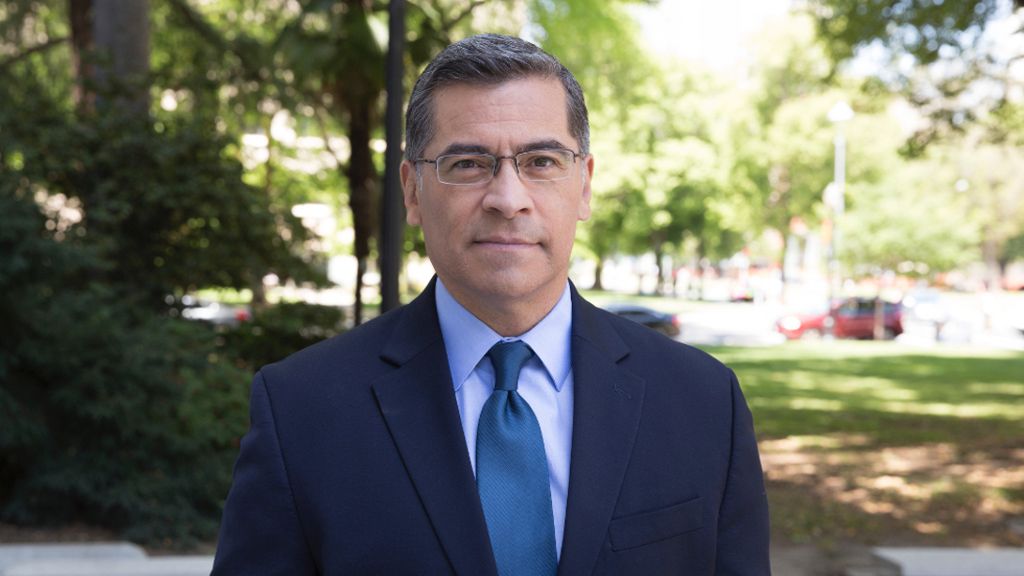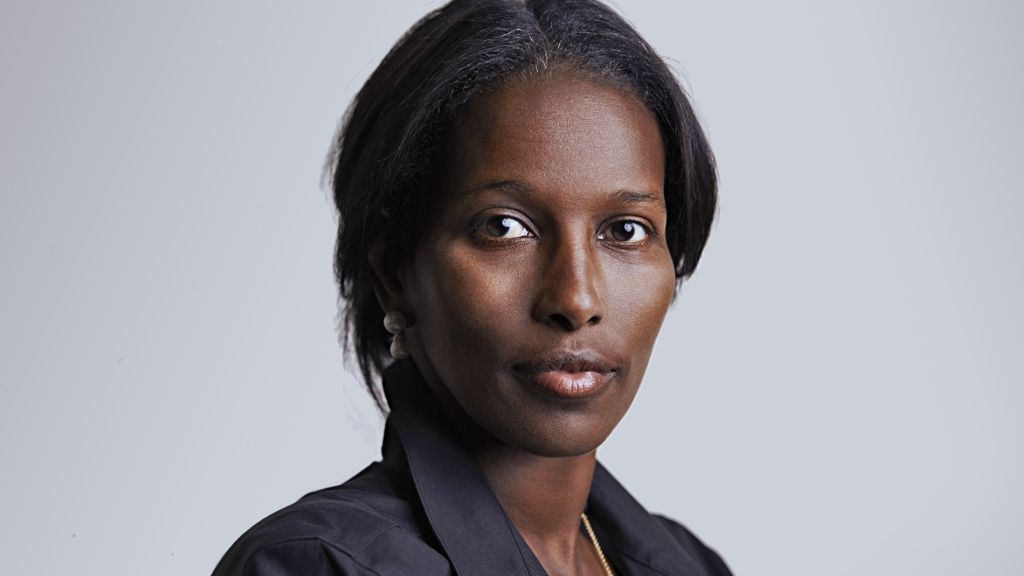President Donald J. Trump and Vice President Mike Pence present the Medal of Honor to Army SGM Thomas Payne in the East Room of the White House.
East Room
3:20 P.M. EDT
THE PRESIDENT: Thank you very much, Chaplain Winton. Really, a beautiful job. And thank you for your service.
Please. Thank you.
Today, it’s my privilege to present the Congressional Medal of Honor to a warrior who has devoted the last two decades to fighting the forces of terror. Please join me in welcoming today’s extraordinary recipient, Sergeant Major Thomas Patrick Payne. Congratulations. (Applause.) Thank you very much.
We’re grateful to be joined by Pat’s really wonderful wife, Alison. And, Alison, thank you, for being here on this very momentous occasion. This is — this is the big one. You know that. This is the big one.
Also with us is Patrick and Alison’s 6-year-old son, Aaron. Aaron, thank you for being here. He got a very nice little award back there: a beautiful pen. Right? You’re going to save that pen. Thank you, Aaron.
I want you to know that your Dad is one the bravest men anywhere in the world. You know that, right? You knew that before — I think you knew that before we knew it. So, congratulations to both.
With us also is our First Lady — thank you, darling; and Vice President Mike Pence — Mike, thank you very much; along with Secretary of Defense Mark Esper — Mark, thank you; Congressman Richard Hudson — Richard — Richard, thank you very much; Secretary of the Army Ryan McCarthy — thanks, Ryan; Chairman of the Joint Chiefs of Staff Mark Milley — Mark, thank you very much. It’s amazing the way all these big generals are showing up. This is something, huh? (Laughter.) This is the big one, as I say — always do. It always will be. The Army Chief of Staff James McConville — James, thank you. Thank you very much, James. And Sergeant Major of the Army Michael Grinston — thank you, Mike. Thank you very much.
I also want to recognize the three Medal of Honor recipients that are with us: Matthew Williams, Edward Byers, and Walter Marm. Thank you very much. Thank you very much. (Applause.) Thank you. That’s great. A lot of brave people are with us today.
Pat grew up in a small town in South Carolina. His dad is a police officer. His grandfathers served in World War Two, in Korea, Vietnam. Service to our country really goes through their veins very, very rapidly.
Exactly 19 years ago today — on September 11th, 2001 — news of the attack on our nation’s great, great country — this was just an attack like has never happened to us. But it went through Pat’s high school — and went through his classroom. And Pat was sitting there, listening. His teacher solemnly told the students that their generation had a fight to win. They were going to fight and fight to win. In that moment, Pat was called to action. He knew that his country needed him.
Ten short months later, at the age of 18, Pat was in Army basic training at Fort Benning. Soon, he joined the elite ranks of the legendary Army Rangers. Pat became an exceptional soldier and expert sniper. He saw heavy combat in multiple theatres of battle.
In 2010, during a deployment in Afghanistan, his leg was severely wounded by an enemy grenade. While recovering in South Carolina, Pat met with his wife, Alison. Well, that was probably not a bad wound then, was it? Huh? It was worth — (laughter) — I hope you’re going to say it was worth it. (Laughter.) It was.
Less than two years after being injured, Pat competed against some of America’s toughest warriors and won the prestigious Best Ranger Competition, among the most grueling physical contests anywhere in the country.
In October of 2015, on his 14th deployment, Pat was part of a team assigned to plan and conduct an operation to rescue over 70 Kurdish prisoners being held by ISIS barbarians in Iraq. The team soon received horrifying intelligence that the terrorists were planning to massacre their captives and bury them in freshly dug graves. Pat and his teammates raced into action.
After midnight, on October 22, Pat boarded a helicopter and departed on a mission to free the hostages from two buildings guarded by dozens of ruthless and bloodthirsty ISIS terrorists. He was in command of a team clearing one of the compounds. As soon as the ramp to his helicopter went down, Pat rushed into a blistering hail of gunfire. Pat and his team swiftly overpowered the enemy, secured the building, and freed 38 of the hostages.
Then Pat received word that the rest of the assault team was facing harsh resistance in another complex. Pat turned to one of his fellow soldiers and said, “Let’s get into the fight right now. Let’s get into the fight.” He saw that the other building was on fire and he knew more of the hostages were still trapped inside. He and his team climbed up ladders to the roof and opened up fire on the enemy. Multiple ISIS fighters detonated suicide vests, ripping a portion of the building into pieces.
But Pat and his fellow Rangers fought through the fire, the bullets, and the deadly blasts. Pat navigated to the front door and saw the captives were being held behind a metal door secured by two very heavy padlocks. He grabbed a pair of bolt cutters and ran through smoldering flame and smoke. As bullets impacted all around him, Pat succeeded in cutting one of the locks before scorching, sweltering heat forced him to leave the building for some air.
Pat caught his breath in a few seconds and was back. He ran right back into that raging blaze. He sliced the final lock and released the rest of the hostages as the building began to collapse. He received orders to evacuate, but he refused to do so; he didn’t want to leave anyone behind.
Pat ran back into the burning building that was collapsing two more times. He saved multiple hostages, and he was the last man to leave. He wouldn’t leave. No matter what they said, no matter who ordered him to do it, he wouldn’t do it. He was the last one out. It was one of the largest and most daring rescue missions in American history. Pat and his team rescued 75 captives and killed 20 ISIS terrorists.
Pat, you embody the righteous glory of American valor. We stand in awe of your heroic daring and gallant deeds. You truly went above and beyond the call of duty to earn our nation’s highest military honor.
Pat would be the first to remind us that he was not alone that day. In the battle, one Army Ranger made the ultimate sacrifice: Master Sergeant Josh Wheeler. Josh was something. Right, Pat? Josh was something. You’ve — you’ve said that before.
Today, we’re deeply moved to be joined by Master Sergeant Wheeler’s wife, Ashley Wheeler. Ashley, our hearts break for your loss. A great man. That was a great man.
Ashley — where is Ashley? Ashley, please stand up. Thank you. (Applause.) Thank you very much. Thank you, Ashley.
Our nation endures because fearless warriors like Josh are willing to lay down their lives for our freedom. Our children can grow up in peace because Josh had the courage to face down evil. Our debt to him and to you is everlasting. And again, thank you very much, Ashley. We appreciate it very much. We will honor him forever. You know that. Very special group of warriors, men — great men.
Pat has said that as soon as our soldiers’ boots hit the ground, they are ambassadors of the American way of life. Everywhere they go, the men and women of our armed forces instill our friends with hope, our enemies with dread, and our fellow citizens with unyielding American pride.
Over the course of his service, Pat has embarked on an astounding — really, an astounding 17 deployments in defense of our nation. General Milley, that’s a lot, right? Is that a lot?
GENERAL MILLEY: That’s a lot, sir.
THE PRESIDENT: That’s a lot. Okay, I needed that little extra confirmation. That’s a lot.
He now serves as an instructor at the U.S. Army Special Operations Command, training the next generation of American warriors. Today, he joins the immortal company of our most revered American heroes. Pat, you personify the motto “Rangers lead the way,” and you inspire us all.
It is now my privilege to present Sergeant Major Thomas Patrick Payne with the Congressional Medal of Honor. I’d like to ask the military aide to come forward and read the citation.
Thank you very much.
MILITARY AIDE: Attention to orders. The Medal of Honor is awarded to Sergeant First Class Thomas P. Payne, United States Army, for conspicuous gallantry and intrepidity at the risk of his life above and beyond the call of duty on October 22, 2015.
His heroism and selfless actions were key to liberating 75 hostages during a contested rescue mission that resulted in 20 enemies killed in action.
Sergeant First Class Payne’s gallantry under fire and uncommon valor are in keeping with the highest traditions of military service and reflect great credit upon himself, the United States Special Operations Command, and the United States Army. (Applause.)
(The Medal of Honor is presented.) (Applause.)END 3:34 P.M. EDT





